Study Abroad: 2017 Huqoq Excavations with Jodi Magness
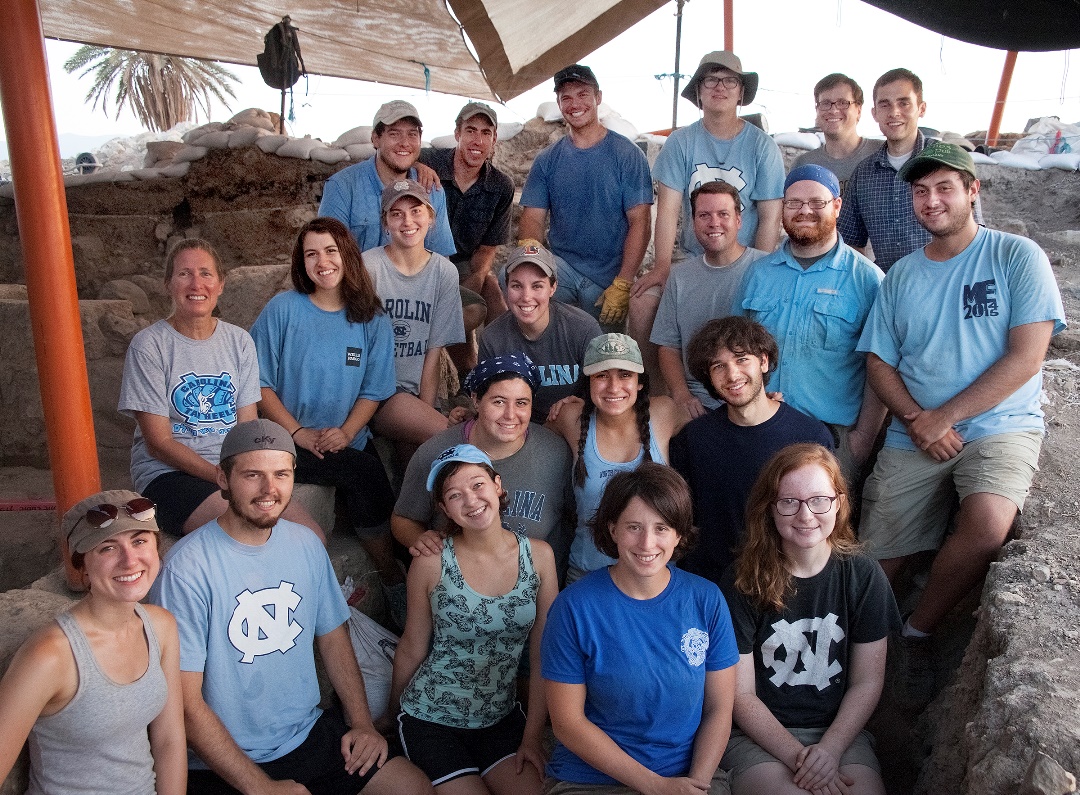
Since 2011, Prof. Jodi Magness has led archaeological excavations at the site of Huqoq in Israel’s Galilee, where she and her team have garnered international attention for their discovery of an ancient synagogue building with stunning mosaic floors. She is returning to Huqoq in summer 2017 and invites students to participate in the excavation through UNC’s Study Abroad program.
This coming season, the excavations will take place May 29-June 30, 2017. The deadline to apply for the program is February 9, 2017 (the online application system opens on December 1, 2016). The field school program offers students 6 hours of academic credit.
For more information, see the flyer for the field school program, the description on the UNC Study Abroad website, or the Huqoq Excavation Project website. You might also be interested in the previous coverage of her work on our website here (9/14/2016), here (7/6/2016), and here (7/15/2014).
In addition, Prof. Magness recently did an interview with UNC’s podcast series, “Well Said,” in which she described the goals and methods of archaeology as well as the specific implications of her work at Huqoq:
Posted in
Faculty News on October 25, 2016. Bookmark the
permalink.

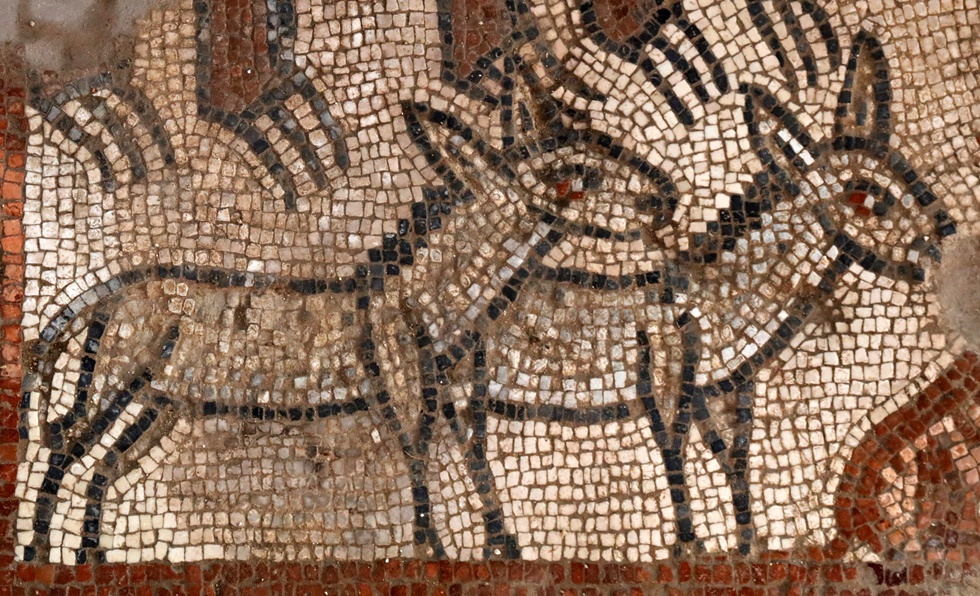
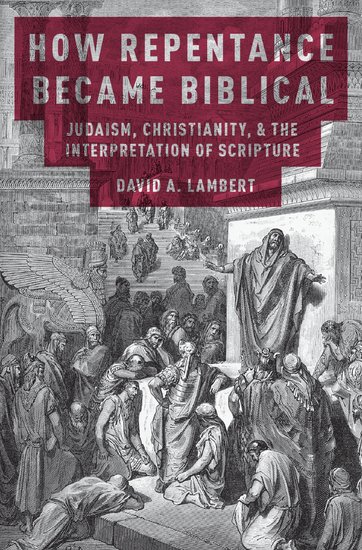
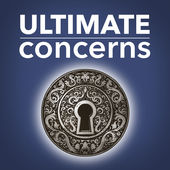

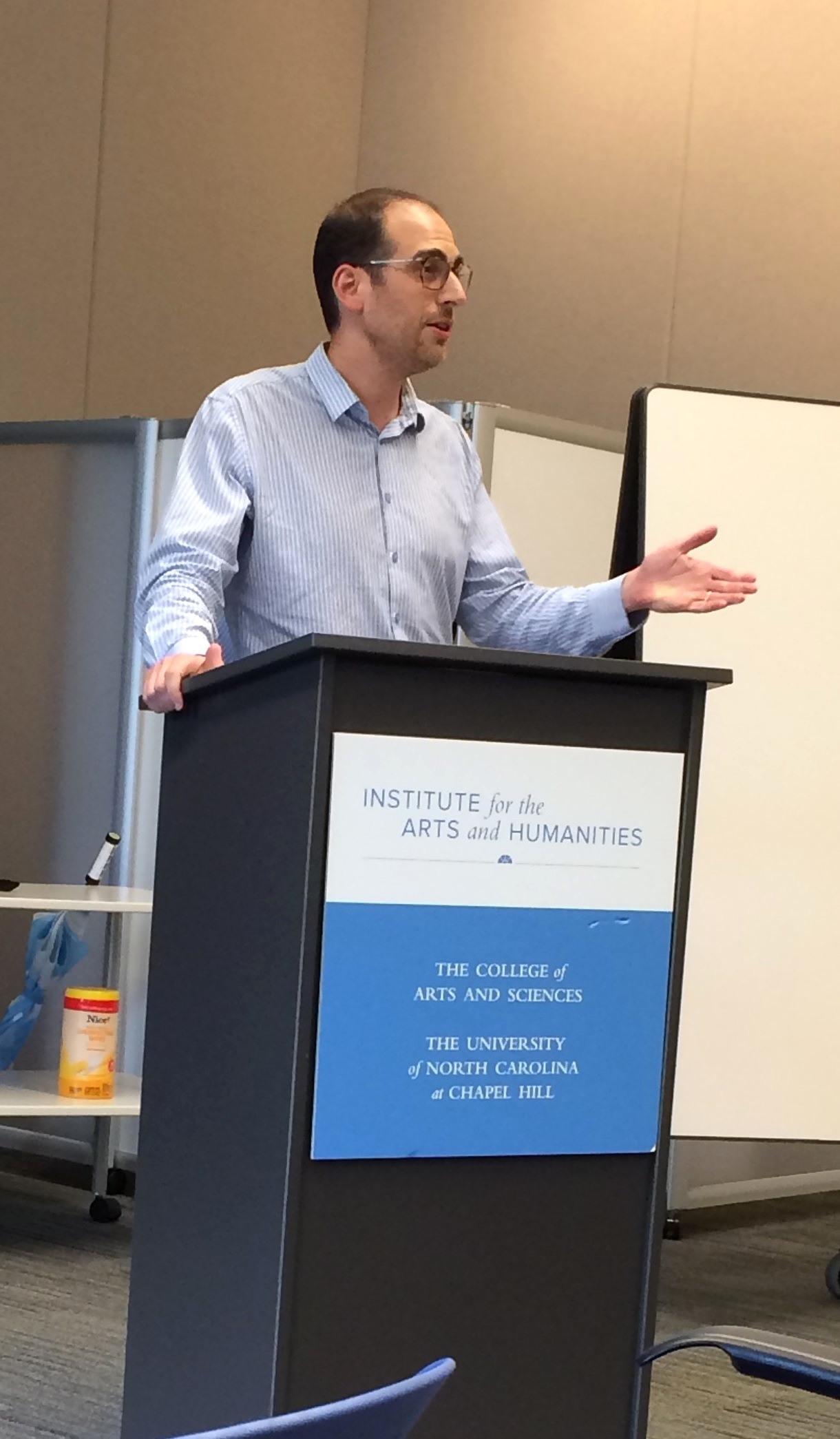
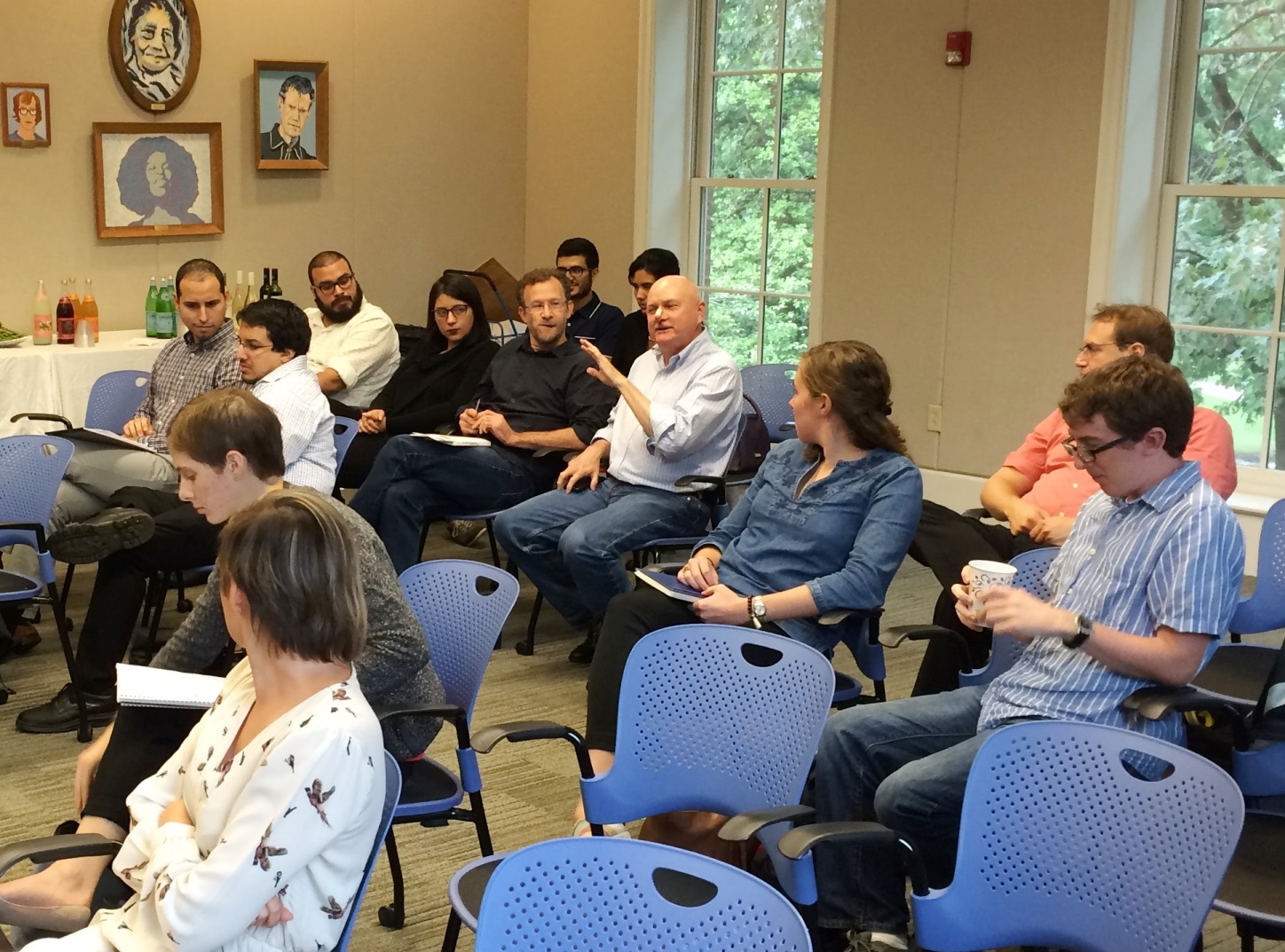
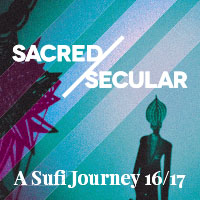 This year, the
This year, the 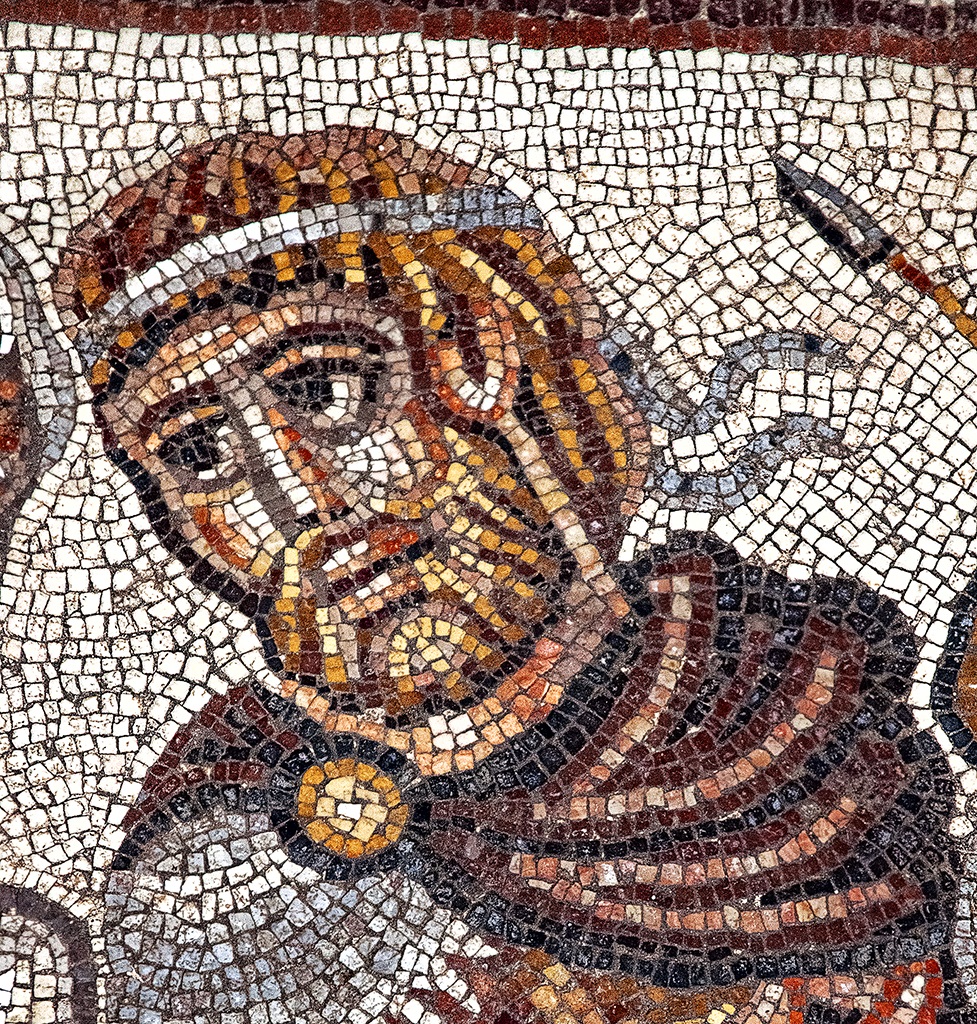
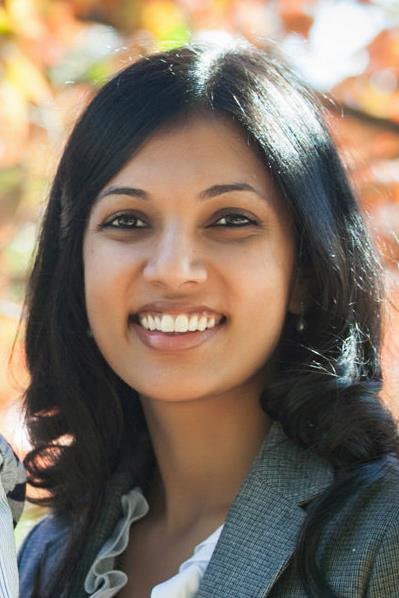 Harshita Kamath joins us as Assistant Professor in Hinduism and South Asian Religions. Dr. Kamath holds a Ph.D. in West and South Asian Religions from Emory University, and her research focuses on the textual and performance traditions of Telugu-speaking South India. Her forthcoming book, Constructing Artifice: An Ethnography of Impersonation in South India, analyzes gender impersonation in the Telugu dance style of Kuchipudi. She has co-translated the sixteenth-century classical Telugu text Parijatapaharanamu (Theft of a Tree) with Velcheru Narayana Rao, which will be published as part of the Murty Classical Library of India by Harvard University Press.
Harshita Kamath joins us as Assistant Professor in Hinduism and South Asian Religions. Dr. Kamath holds a Ph.D. in West and South Asian Religions from Emory University, and her research focuses on the textual and performance traditions of Telugu-speaking South India. Her forthcoming book, Constructing Artifice: An Ethnography of Impersonation in South India, analyzes gender impersonation in the Telugu dance style of Kuchipudi. She has co-translated the sixteenth-century classical Telugu text Parijatapaharanamu (Theft of a Tree) with Velcheru Narayana Rao, which will be published as part of the Murty Classical Library of India by Harvard University Press.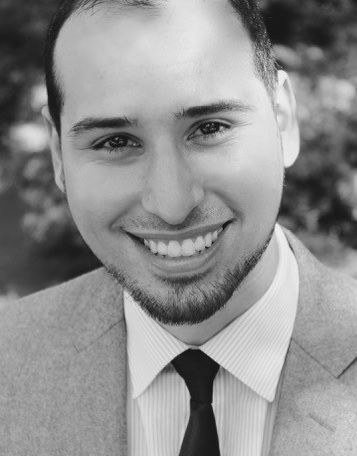 Hugo Mendez joins us as a Postdoctoral Fellow. Dr. Mendez received his Ph.D. in 2013 from the Interdisciplinary Linguistics Program at the University of Georgia, and he comes to us from Yale University, where he served as Lecturer and Postdoctoral Fellow at the Yale Institute of Sacred Music for the past two years. He specializes in the reception of the Bible within Christian communities in late antiquity.
Hugo Mendez joins us as a Postdoctoral Fellow. Dr. Mendez received his Ph.D. in 2013 from the Interdisciplinary Linguistics Program at the University of Georgia, and he comes to us from Yale University, where he served as Lecturer and Postdoctoral Fellow at the Yale Institute of Sacred Music for the past two years. He specializes in the reception of the Bible within Christian communities in late antiquity.